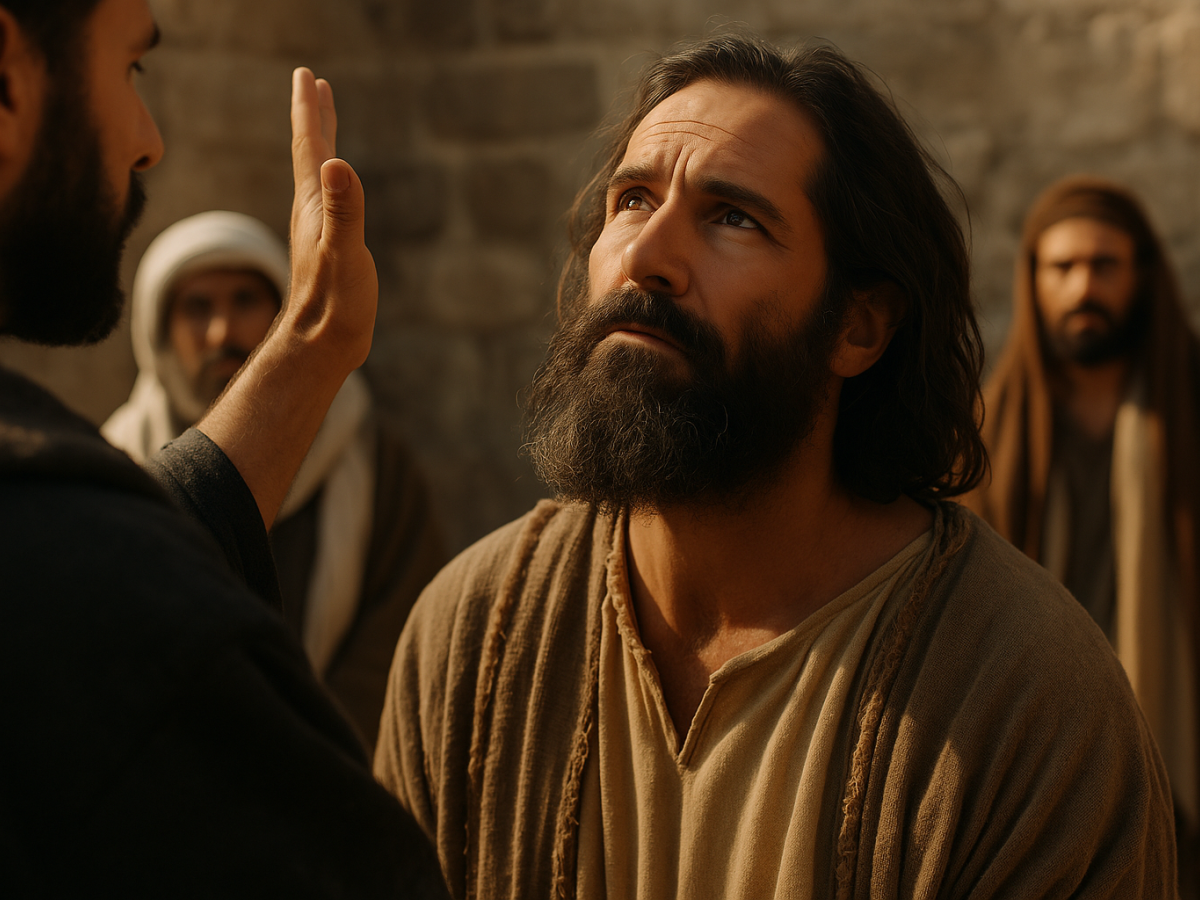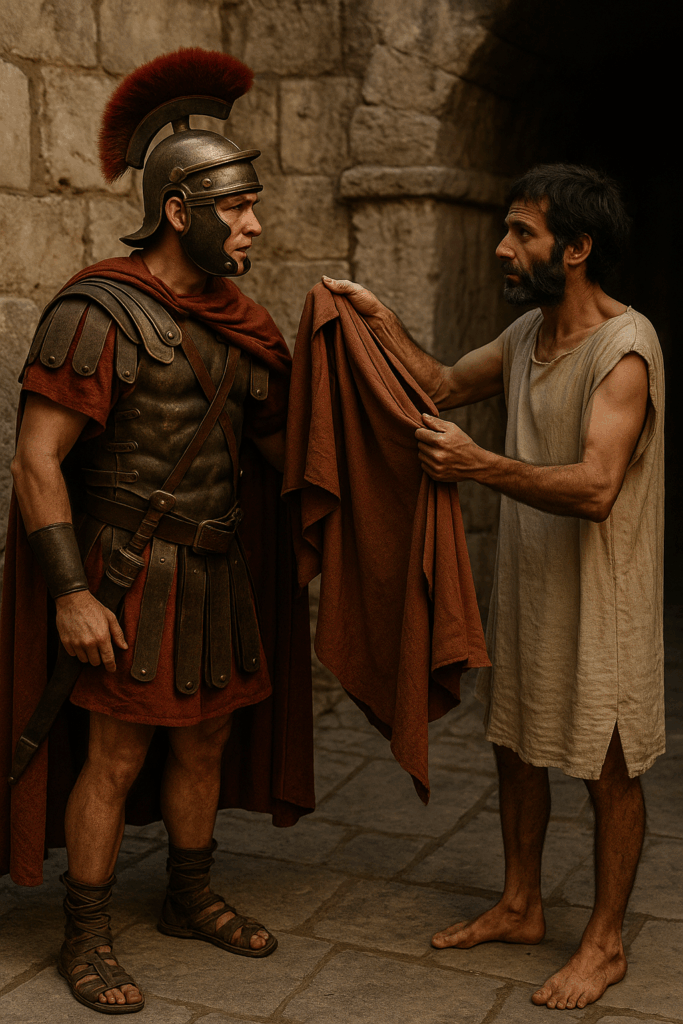
Turn the Other Cheek Challenges Roman Culture
The Roman world was built on power, rank, and humiliation. To keep order, Rome relied on a system that shamed the weak and exalted the powerful. This is the context for turn the other cheek. Public humiliation was policy. It kept people in their place, reinforced hierarchy, and reminded subjugated peoples they were subjects, not equals. To lose honor in that culture was to lose life itself. Any retaliation mean certain death, submission meant loss of dignity.
Into this world, Yeshua taught a radically different and subversive way. He didn’t encourage His disciples to fight humiliation with revenge, nor to accept it passively. Instead, He showed them how to transform humiliation into humility by exercising creative, nonviolent resistance that exposed injustice and retrained human instinct.
First, He says: “If someone strikes you on the right cheek, turn to him the other also.” This meant a backhanded slap to the right cheek or turn the other cheek. It was the severest insult, declaring you beneath the one striking you. Normally, this demanded retaliation or legal recourse. Yeshua offers another way. Turning the other cheek meant the insulter would strike with an open hand—this was the gesture of an equal. Humiliation is flipped. The system is exposed.
Second: “If someone wants to sue you for your tunic, give him your cloak as well.” The poor generally owned only a tunic and a cloak. Torah law protected the cloak as essential for survival. To sue for a tunic was already abusive. But giving up both garments left one naked—an intolerable shame in Jewish culture. But now the oppressor is the one shamed for stripping you bare. Again, humiliation is reversed.
Third: “If anyone forces you to go one mile, go with him two.” Soldiers could compel civilians to carry their packs for one mile. It was demeaning servitude. But imagine choosing to carry the burden farther. What was humiliation now shows dignity. And the soldier must confront the absurdity. The one forced to submit now redefines the act entirely. Humiliation is once again reversed.
In each case, Yeshua offers resistance that is neither passive nor vengeful. Empire’s humiliation against the weak is now turned back on itself. In its place stands kingdom humility: service, dignity, generosity. And these are not weakness. This stand requires courage and trust and recognition that true honor comes from God not from empire’s system.
We too live in systems of rank and shame. Our instincts are to fight back or shrink away. Yeshua shows a third way: stand firm, resist injustice, and respond with humility rooted in God’s justice. In doing so, we reveal a different kingdom. And that’s the real meaning of turn the other cheek.


Leave a Reply